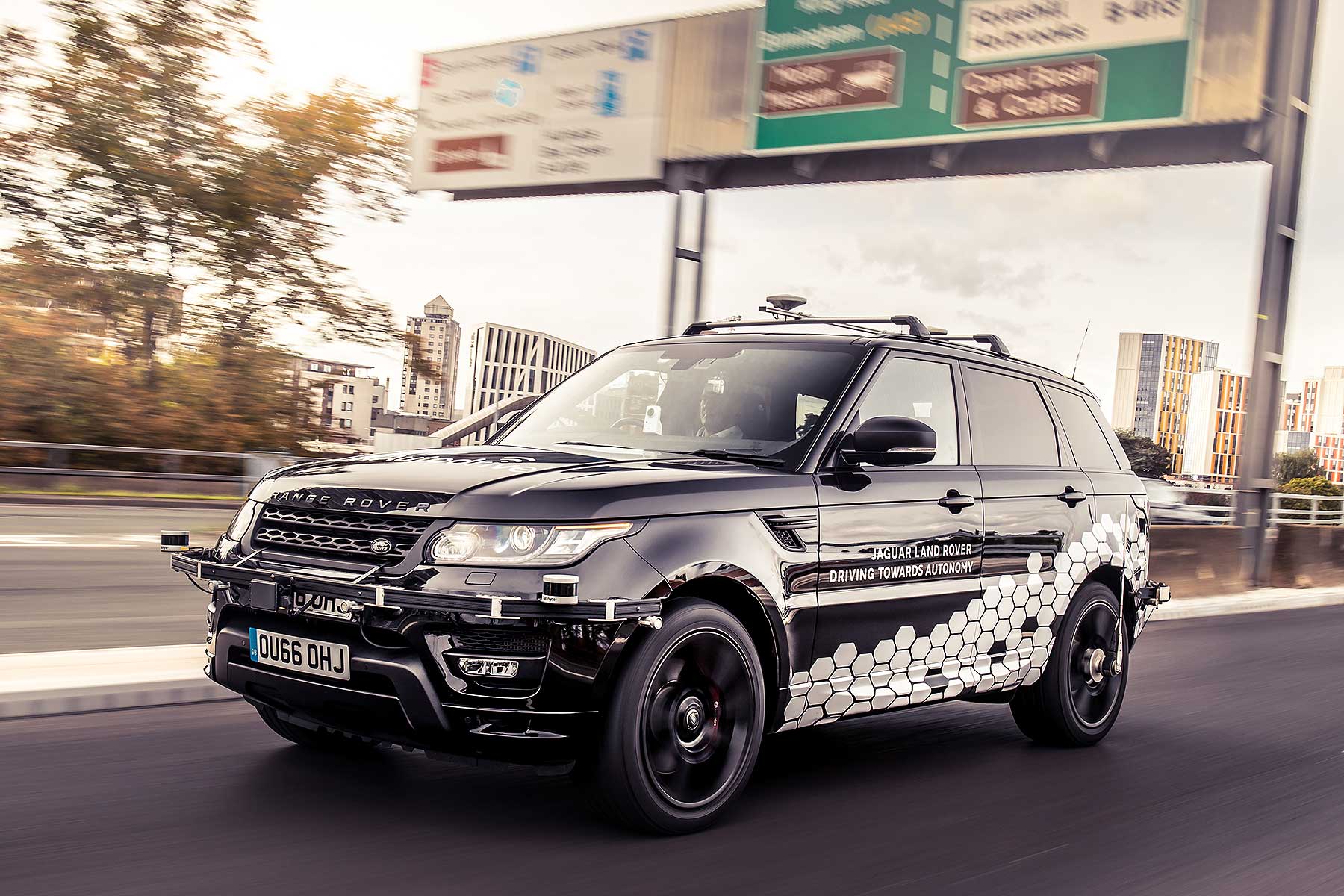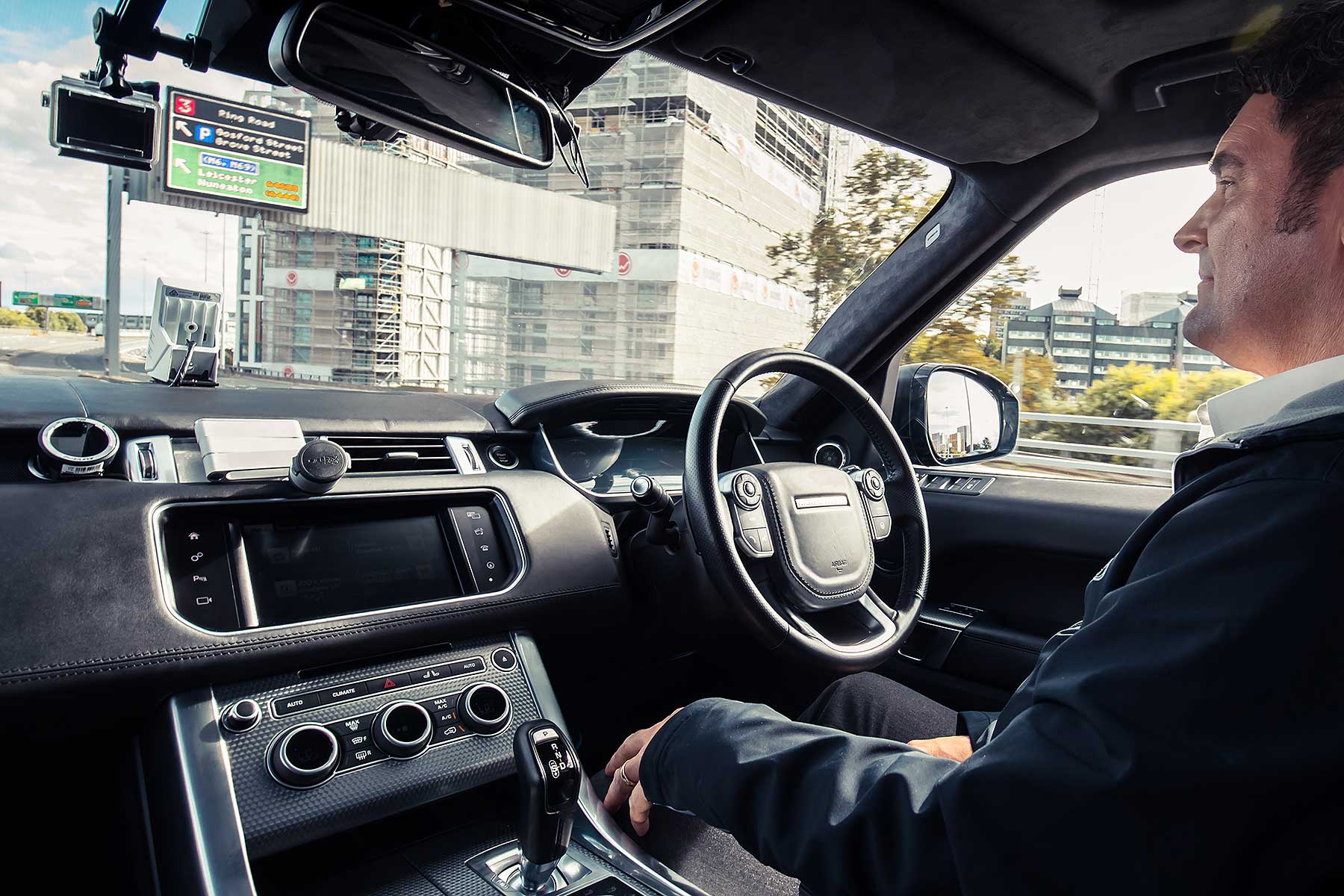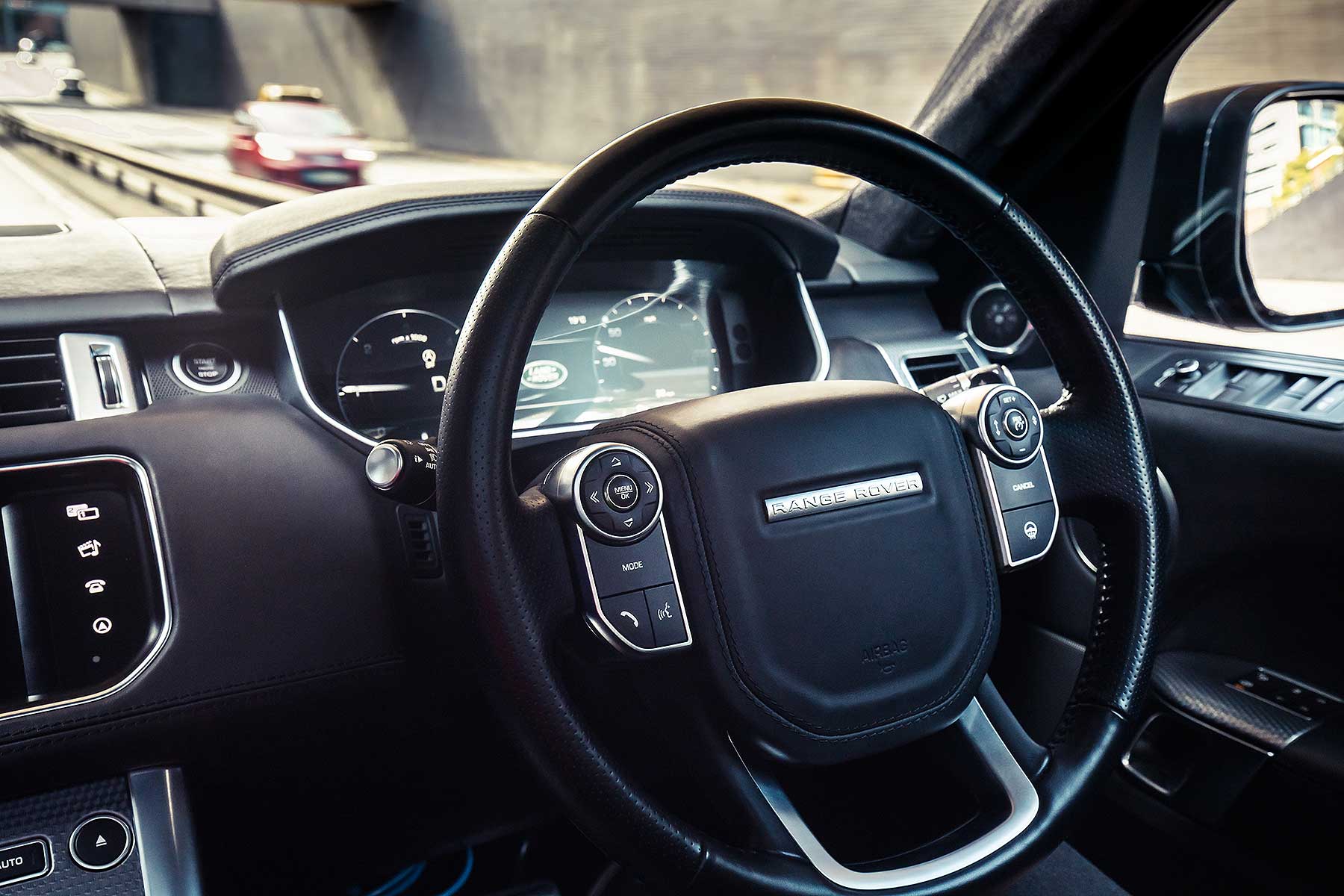 Jaguar Land Rover says it will start selling self-driving vehicles to customers within a decade – and its claim has become a little more believable after one of its test cars completed a full lap of the challenging Coventry Ring Road fully autonomously.
Jaguar Land Rover says it will start selling self-driving vehicles to customers within a decade – and its claim has become a little more believable after one of its test cars completed a full lap of the challenging Coventry Ring Road fully autonomously.
Many human drivers struggle with the compact and complicated urban ring road; for a self-driving vehicle to master it is a real feat.
The test Range Rover Sport wasn’t crawling around getting in everyone’s way, either. At speeds of up to 40mph, it was able to change lanes, merge with traffic and even exit at junctions.

“The Coventry Ring Road is known for its complicated slip roads and exits,” said Mark Cund, JLR’s autonomous vehicle research manager. “It makes for very challenging conditions, especially when under pressure in the rush hour.”
Enter one of the key advantages of an autonomous vehicle, he says. “Our self-driving car is not impacted by the same pressure, frustrations or fatigue that a driver may experience, and so it’s capable of turning a potentially very stressful situation into a completely stress-free one.”
The Range Rover Sport’s own Adaptive Cruise Control was modified for the trials, with more sensors plus a radar and LIDAR system.

The trials have been run as part of the £20 million government-funded UK Autodrive project. It ends this month, after three years, and has seen autonomous cars transfer from private test tracks onto public roads in Milton Keynes as well as Coventry.
JLR bosses reckon the project has helped accelerate the development of its self-driving tech, which is why it’s confident it will be on sale within 10 years.
Not only that, the Midlands region could emerge as “a hub of mobility innovation” and JLR claims its self-driving vehicles will be the best “in the widest range of terrain and weather conditions” – that’s off-road as well as on…